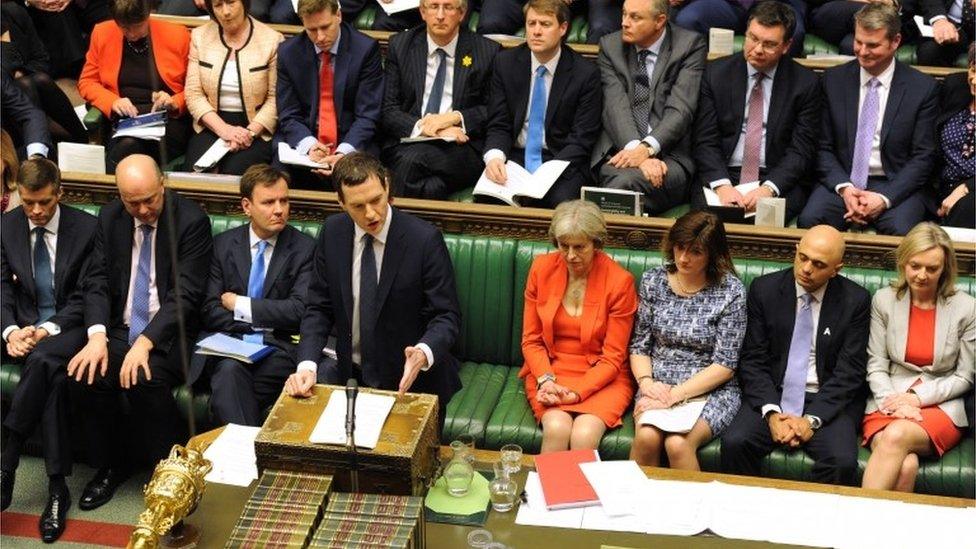Why doesn't Bristol have an Oyster card?
- Published
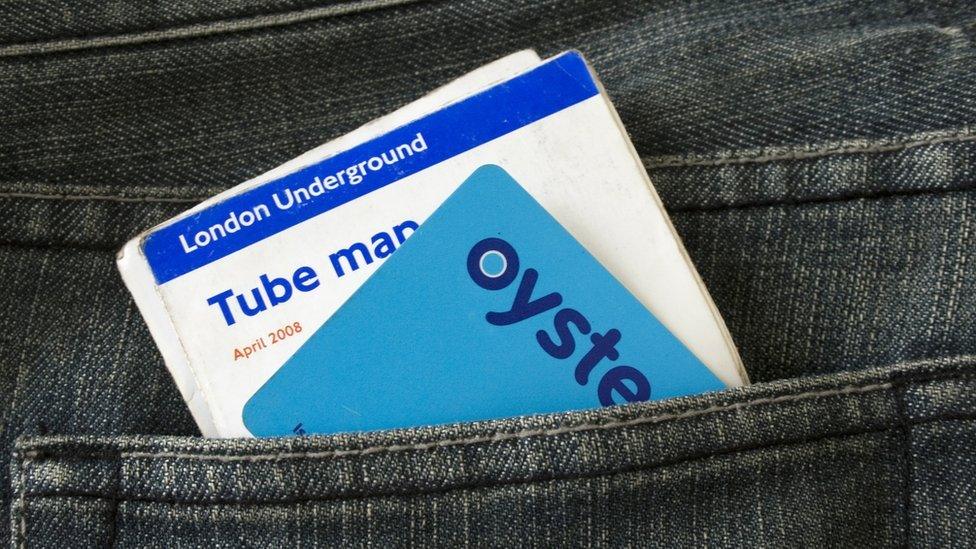
A joined-up pass with a cap on daily travel for passengers in Bristol is still some way off
On 4 May 2017, voters in some parts of the West of England will choose their first elected mayor. Readers have asked how the new appointment will affect transport in the region and why it does not yet have a travel pass similar to an Oyster card.
Whoever is elected will lead a combined authority of representatives from each of the existing unitary authorities - Bristol, North East Somerset Council and South Gloucestershire and Bath - as part of a devolution deal which will take decision-making from Westminster.
It will give the mayor control over important issues, including how to tackle Bristol's transport problems and make daily commutes quicker, cheaper and greener.
However, while most candidates support introducing a simplified ticketing scheme, the issue is complicated.
Services in Bristol were deregulated 30 years ago and the region does not have an integrated transport authority.
It means the city is now serviced by various different transport providers, unlike in London, where travel decisions fall to mayor Sadiq Khan and Transport for London.
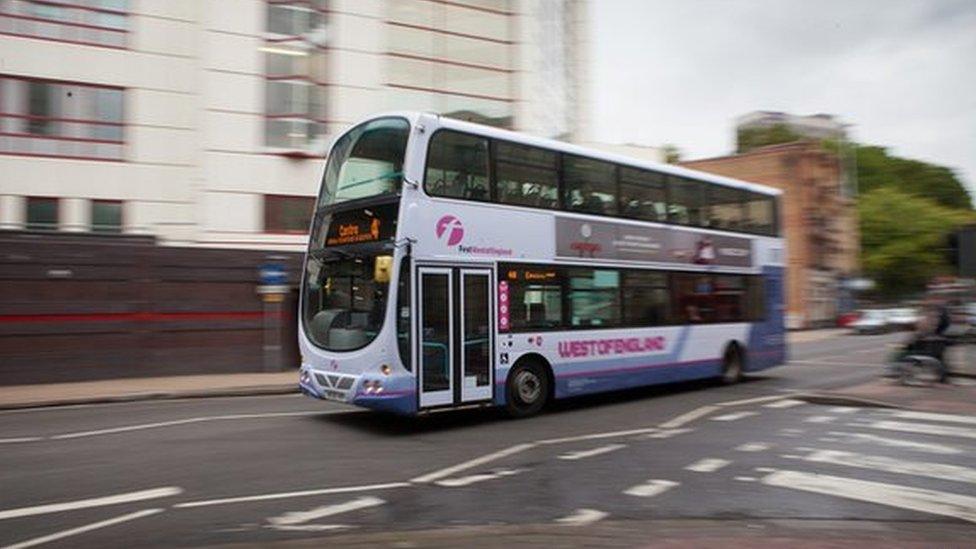
First Bus already operates a smartcard system on some of its West services
At present, bus passengers in Bristol can use the Avonrider, which allows travel on all buses regardless of operator, with an option to add rail travel.
First Bus has been trialling contactless payments on the Bristol Park and Ride, while Great Western Railway is launching a pilot of its first smartcard service on the Severn Beach line.
However a joined-up pass with a cap on daily travel is still some way off.
The Campaign for Better Transport said the mayoral candidates need to feel the heat on transport from voters.

The Mayor of the West of England candidates, from top left: Stephen Williams (Lib Dem), Lesley Ann Mansell (Lab), John Christopher Savage (Independent), Darren Edward Hall (Green), Aaron Warren Foot (UKIP), Tim Bowles (Con)
Lianna Etkind, from the group, said: "This [election] offers mayors and local authorities the chance to plan whole transport networks rather than the situation which we have at the moment where there's a route-by-route approach and so many decisions are out of the hands of the local authority.
"That might mean getting a smartcard so that passengers could use the same ticket on local rail services and on all the different bus companies."
In London, commuters can top up their Oyster cards and use credit cards and phones to pay for journeys at turnstiles, allowing seamless travel.
Providers in Bristol are hopeful they are moving closer to a similar system.
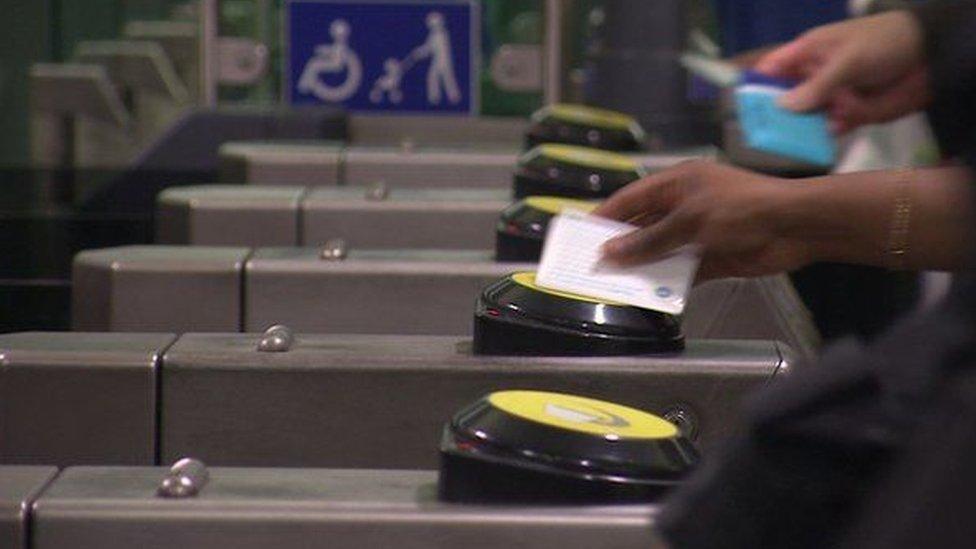
Commuters in the capital can top up their Oyster cards to pay for journeys
First Bus has been promising an Oyster card system for almost a decade - with the BBC first writing about the possibility in March 2008, external.
Despite the project being a long time in the making, the firm said an electronic system is "closer than it has ever been" and hopes to roll it out to the rest of its services later in the year.
A spokesman added: "The next task will be to create a contactless system that allows the travel day to be capped as in London."
A GWR spokesman said: "Following the results of the pilot, there's the potential to extend to our bus services as well as rolling it out to other rail services in the area but we would need to make sure all the ticket barriers and associated stations had the relevant technology."
Ms Etkind said there was "a long way to go" but there were "many reasons to be hopeful".
She added: "This could make a huge difference to people's daily experience - how they travel to work, education or to visit friends and family."
- Published25 March 2017
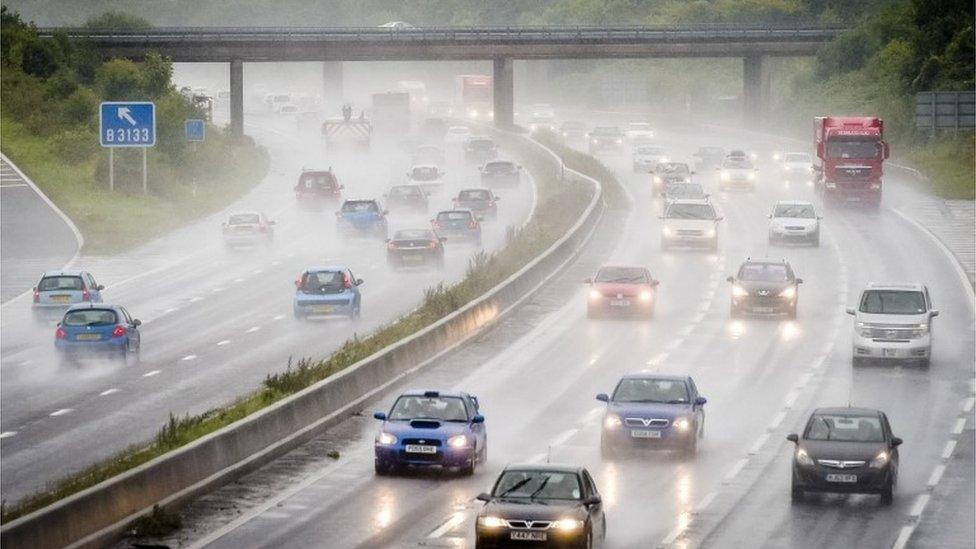
- Published23 November 2016
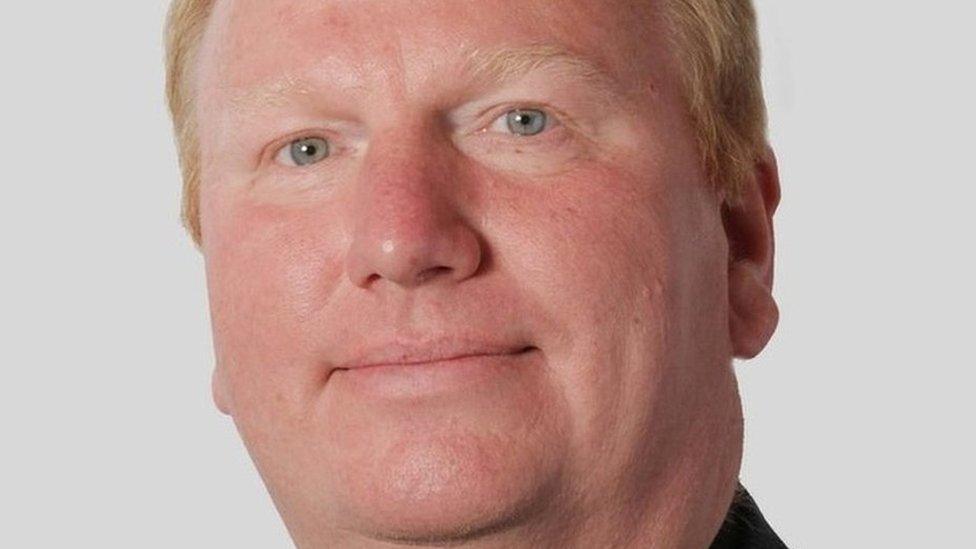
- Published30 June 2016
